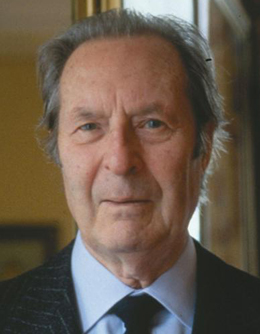BEFORE WE PROCEED TO THE LAST THREE BRUCKNER SYMPHONIES, LET'S CONNECT WITH A MAHLER ADAGIO --
Which is where we'll pick up in Part 2.
FIRST LET'S CONSIDER A COUPLE OF NEAR-ADAGIOS
First, let's consider a couple of near-adagios. Mahler 1 and 2 have slow movements we wouldn't even think to call adagios. Mahler 3, about as strange a pile of symphonic construction as I'm aware of, actually concludes with an extended slow movement that might qualify, and the precedent of concluding a large symphony with a large slow movement is certainly going to catch fire with Mahler, but in M3 I think he's playing at something else here, especially when we consider the long opening section the begins all-strings and then for a good piece allows only small-bore wind intrusions. Let's listen -- I think you'll hear what I mean.
MAHLER: Symphony No. 3 in D: vi. Langsam. Ruhevoll. Empfunden. (Slow. Peaceful. Felt.)
Chicago Symphony Orchestra, Sir Georg Solti, cond. Decca, recorded in Orchestra Hall, November 1982
Boston Symphony Orchestra, Erich Leinsdorf, cond. RCA, recorded in Symphony Hall, Oct. 10-11, 1966
London Symphony Orchestra, Jascha Horenstein, cond. Unicorn-Kanchana, recorded in Fairfield Hall, Croydon, London, July 27-29, 1970
New York Philharmonic, Leonard Bernstein, cond. DG, recorded live in Avery Fisher Hall, Nov. 25-28, 1987





















